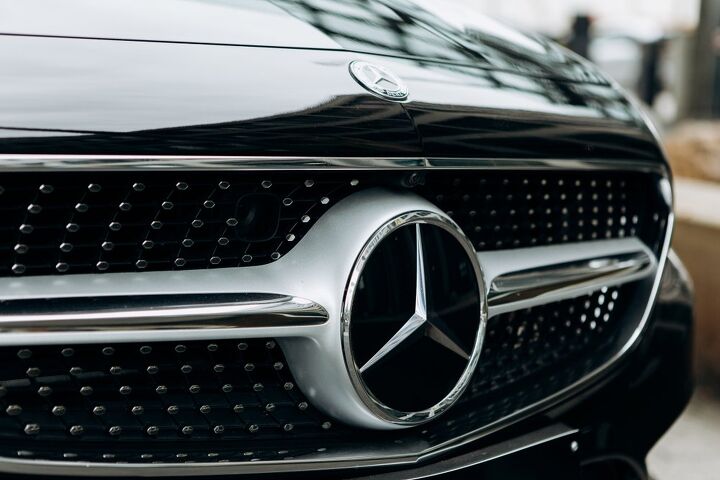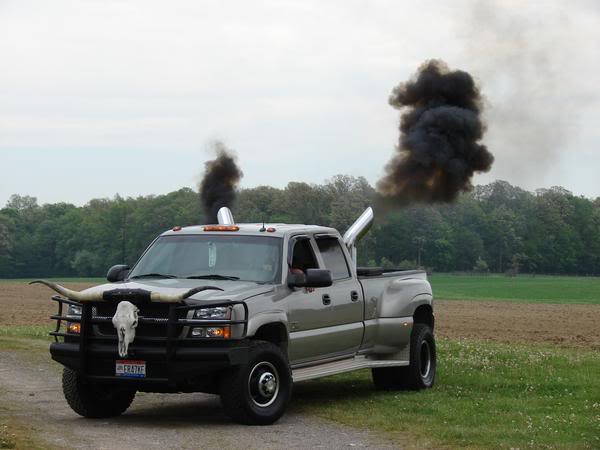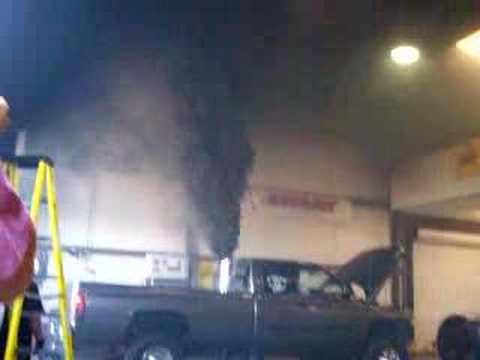#CleanAirAct
The End of Leaded Gasoline, Lessons to Remember
Prior to 1970, buying leaded gasoline in the United States was as normal as picking up a carton of eggs or relaxing in your asbestos-laden home. After 1970, the U.S. Congress had officially adopted the Clean Air Act created the Environmental Protection Agency (EPA), and the gradual phasing out of leaded fuel began. While many bemoaned the lackluster performance of the malaise-era automobiles that followed, the rules continued to inform how vehicle manufacturers operated on a global scale.
But leaded gasoline hung in there for longer than you might assume. Most Western nations (including the United States) didn’t totally phase out leaded gasoline intended for passenger vehicles until the 1990s. Central Asia took even longer and parts of the Middle East and Africa continued to offer lead additives well into the 2000s. However, the United Nations Environment Program announced that leaded gasoline had officially become extinct over the summer, with Algeria being the final country to deplete its now-banned supply.
Washington Wants to Become First State to Ban Gasoline Powered Cars
Washington has elected to become the first slice of America to ban the internal combustion motor, and we don’t just mean new sales. The Pacific state passed a bill on Thursday that would make the registration of gasoline or diesel-powered vehicles from the 2030 model year onwards illegal — leaving residents with the option to purchase a new electric vehicle, buy a secondhand gas burner, or throw up their hands and move elsewhere.
It’s an interesting concept, especially considering there’s very little evidence to suggest the industry will be at a point where total EV adoption will be remotely plausible by 2030. Even California, which is famous for its heavy-handed environmental regulations didn’t think it could start mandating the death of the internal combustion engine until at least 2035. Though Washington is reportedly not making this a concrete rule and it hinges on the adoption of another bill that would tax vehicles based on the number of miles driven. Think of it like a fuel tax that follows you around, even if you’re not using any.
SEMA Vs. the EPA's Attempt to Outlaw Race Cars
The U.S. Environmental Protection Agency (EPA) is embroiled in a lawsuit with Gear Box Z, Inc., contending that the Clean Air Act (CAA), doesn’t allow you to convert your street car into a competition-only race vehicle.
Judge Approves Daimler AG's $1.5 Billion Diesel Emissions Settlement
On Tuesday, a federal judge approved a $1.5 billion settlement to pump the brakes on an investigation conducted by the U.S. government pursuing claims that Daimler used illicit software that allowed excess diesel emissions on 250,000 units. This runs in tandem with another $700 million settlement the automaker is making with vehicle owners, which is likely to see final approval in a few months, and an extensive recall campaign.
The federal case involves the U.S. Justice Department, the California Air Resources Board, and follows a trend of fines for automakers accused of misleading regulators so that diesel vehicles could continue being sold. This kicked off with Volkswagen’s Dieselgate in 2015, with numerous government probes taking place in Europe and North America over the next five years. Many automakers have since been discouraged from relying on diesel powertrains due to rising regulatory actions. European countries that once championed the fuel as ecologically preferable to gasoline, after the advent of biodiesels, are now obsessed with tamping down NOx emissions and getting more electric vehicles onto the road.
Daimler Agrees to Pay $2.2 Billion Diesel Emissions Settlement
Daimler has officially agreed to pay $2.2 billion as a resolution to the United States’ diesel emissions cheating investigation and over 250,000 claims from Mercedes-Benz customers. The automaker stated that it was likely going to settle in August, estimating a need to set aside roughly $1.5 billion to appease U.S. authorities. Another $700 million was earmarked for civil suits, with the company assuming millions more would be needed to fulfill the requirements of the various settlements.
Court documents shared by Reuters show the company agreeing to pay 250,000 owners up to $3,290 each on vehicles that exceed regulatory emissions standards through the use of emissions cheating software. It also decided against opposing spending $83.4 million in attorney fees and expenses for the owners’ legal representation — something Volkswagen called “unwarranted” in a similarly sized suit where the attorneys were only asking for $59 million. However, VW’s emission woes have remained obnoxiously persistent since 2015 and have cost it well over $40 billion.
By contrast, Daimler is getting off with a slap on the wrist by settling for just a couple billion smackers. Although the likelihood of further criminal action remains relatively high in both the United States and Europe. Keep in mind that it took prosecutors nearly five years just to get this far and governments around the globe are disavowing diesel vehicles as if they appeared in a group photo on Jeffrey Epstein’s private island.
Gas War: EPA Says California Has Worst Air Quality in the U.S., Threatens to Cut Highway Funding
With California gearing up for a legal battle against federal regulators eager to revoke its fuel waiver, we knew it wouldn’t be long before another salvo was launched in the gas war. However, the latest skirmish is a bit personal. According to Automotive News, Environmental Protection Agency Administrator Andrew Wheeler issued a letter to to California Air Resource Board chief Mary Nichols on Tuesday that framed the Golden State as unfit to dictate U.S. environmental policy.
The letter claims California has “the worst air quality in the United States” and a backlog of implementation plans to address ambient pollution standards surpassing every other state in the union.
California is scheduled to receive over $4 billion in annual federal highway funding this October. Now, the EPA is claiming the state failed to enforce the U.S. Clean Air Act. As a result, the Trump administration is threatening to withdraw those funds if the region doesn’t take immediately action on 130 different state implementation plans.
Showdown Over EPA Racecar Regulations Begins in Congress
Is it curtains for modified street cars on the racetrack, or will a compromise save the day?
The first meeting of a congressional committee tasked with deciding the fate of drivers who race modified street vehicles took place on March 15, and a glimmer of hope emerged, according to Jalopnik.
Earlier this month, a bipartisan bill — Recognizing the Protection of Motorsports Act of 2016 — was introduced in the House of Representatives and Senate in a bid to make converted race vehicles exempt from proposed Environmental Protection Agency regulations.
SEMA Gives Motor Trend Titty Twister, Evans Cries Uncle
It seems Jalopnik got to this before us.
It appears Motor Trend‘s Scott Evans had a long, awkward meeting with his editors and those who control Specialty Equipment Manufacturers Association (SEMA) member pursestrings about what constitutes fair coverage regarding the Environmental Protection Agency’s rule clarifications.
From Motor Trend:
The EPA is not coming for your racecar. The EPA is coming for the aftermarket companies that make parts to turn your street car into a racecar.
Which is, you know, kind of the same thing, at least in the eyes of SEMA.
EPA: Rolling Coal Is Verboten According To Clean Air Act
Once upon a time, tractor pull attendees who witnessed diesels churn out black smoke under the strain of a very heavy trailer decided to make their diesel-powered pickups do the same thing, sans said heavy trailer. The practice came to be known as “rolling coal,” and until last week, was nothing more than a potential subject for a country song or two amid lyrics about drinking lots of beer and getting with the blue-eyed blonde of the singer(s) dream(s).

























Recent Comments